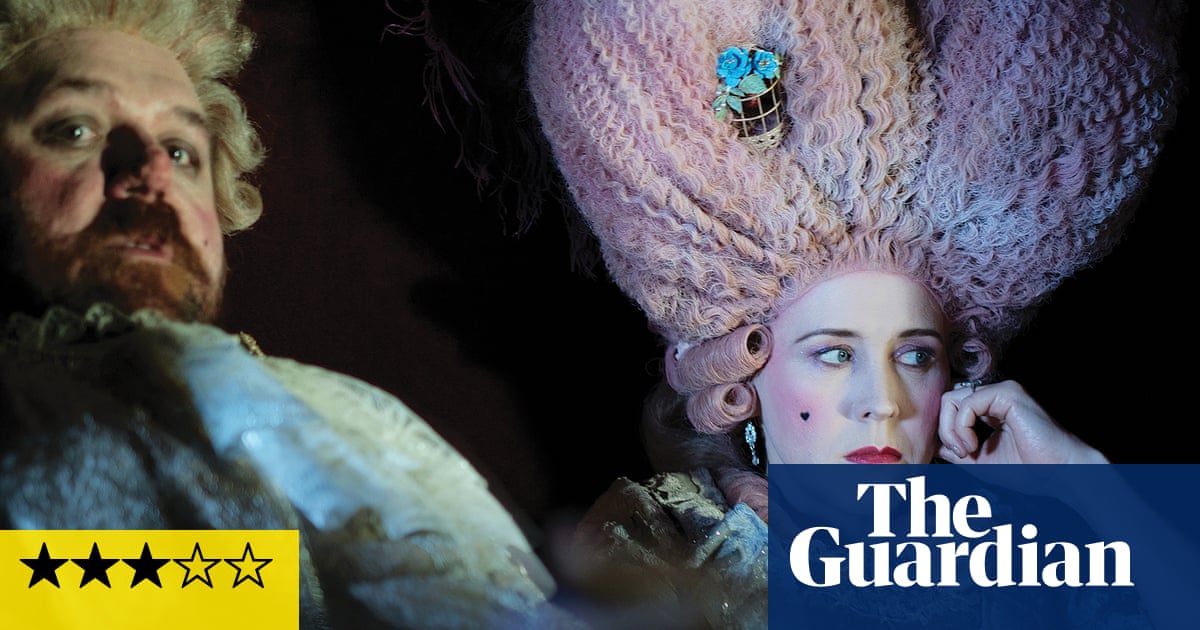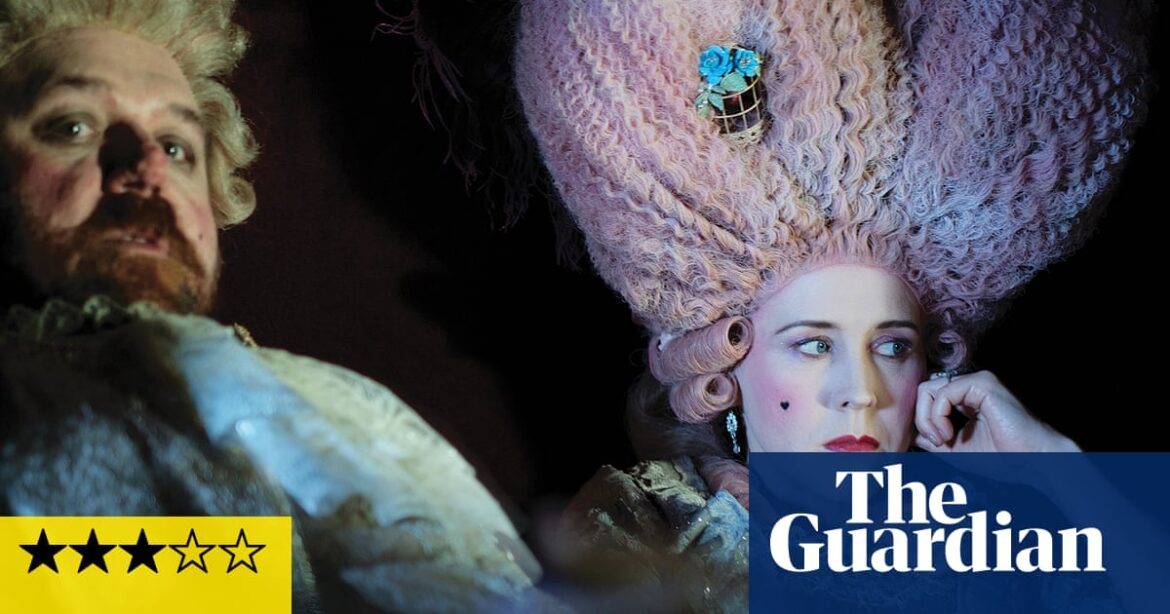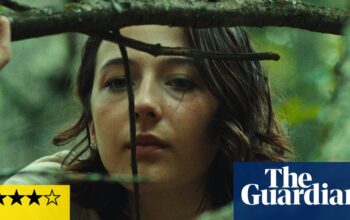
The Taoist philosopher Zhuangzi dreamed he was a butterfly – but couldn’t be sure if the butterfly wasn’t the one having the dream about him. Film-maker Alice Lowe dreams her way into a cosmically recurring persona in this likably chaotic, flawed comedy; she plays a woman who regenerates Blackadderishly throughout the years, from the 1680s to the 1980s, forever in love with the same man, forever destined to sacrifice herself for him, almost but not quite in possession of the knowledge that this guy is unworthy of her. At each stage, the incarnations of the past are perhaps dream-memories and the personae of the future are prophecies. Or … is she just very, very mad?
In 1688, Lowe is Agnes, a humble Scottish maidservant who is enamoured of a heretical preacher (Aneurin Barnard) who is about to be executed. In 1793, she is a poutingly bored noblewoman who conceives an erotic fascination for a dandy highwayman in the Adam Ant style, with the memorably annoying name of Alex O’Nine Ribbons (again Barnard). And in 1980, with leg-warmers and a frizzy hairstyle which makes her look like Barry Gibb or the Cowardly Lion, she plays a British woman in a drolly unconvincing-looking New York who has become a stalker-superfan of a new romantic pop star (Barnard once more). In addition, she is briefly to be seen as a magician’s assistant in Cleopatra costume in 1940 and even more briefly – almost subliminally – as some kind of Jane Eyre-ish schoolmarm in 1847 who is decapitated by a carriage wheel. (This last episode is so bafflingly fleeting that some of it must surely have been lost in the edit.)
There are laughs here, particularly in the opening sections, with which Lowe has some fun in a style that has a little of Ben Wheatley and a little more of Peter Greenaway. We also come to savour the running-gag recurring characters, played by Jacob Anderson, Nick Frost and Kate Dickie – as well as Tanya Reynolds’s haunting Meg, the woman with whom Agnes is perhaps really in love without properly understanding it. It is very funny when 18th-century Agnes sports a gigantic wig in the shape of a heart that also looks disconcertingly like an enormous bum, a perruque so tall it elevates her centre of gravity so that she seems always about to topple over.
Towards the end, I felt that the shape of the film was becoming maybe a bit messy, and lost focus, although there is a nice line about John Lennon. The throwaway gags and throwaway ideas reminded me pleasantly of the Peter Cook/Dudley Moore comedy Bedazzled from 1967. Lowe’s comedy has bite.
Source: theguardian.com



